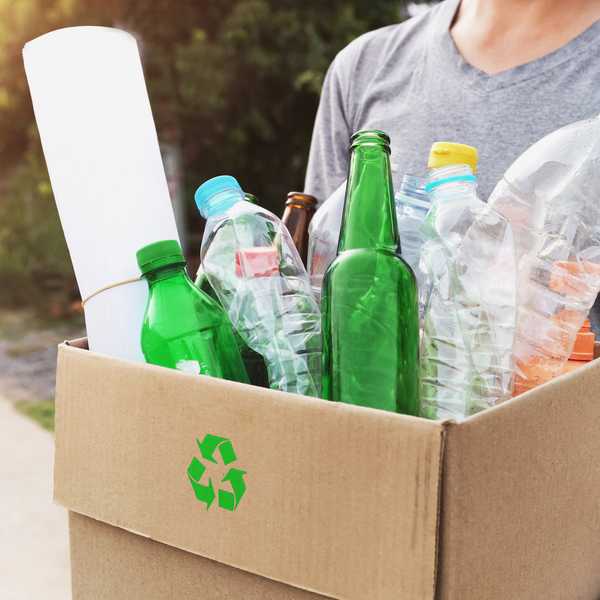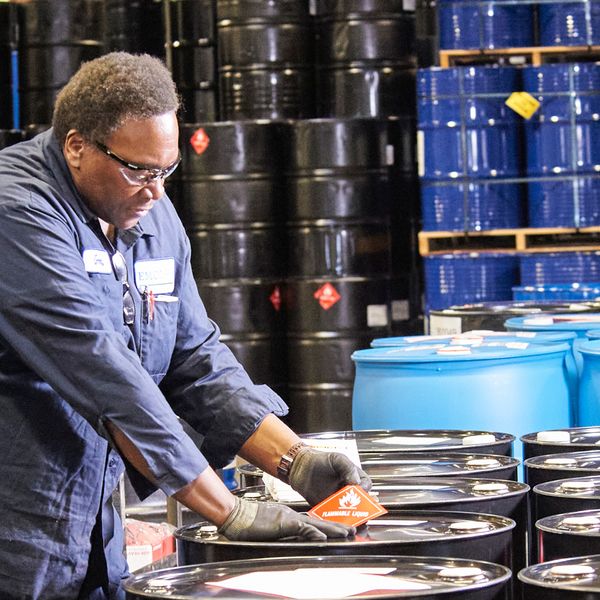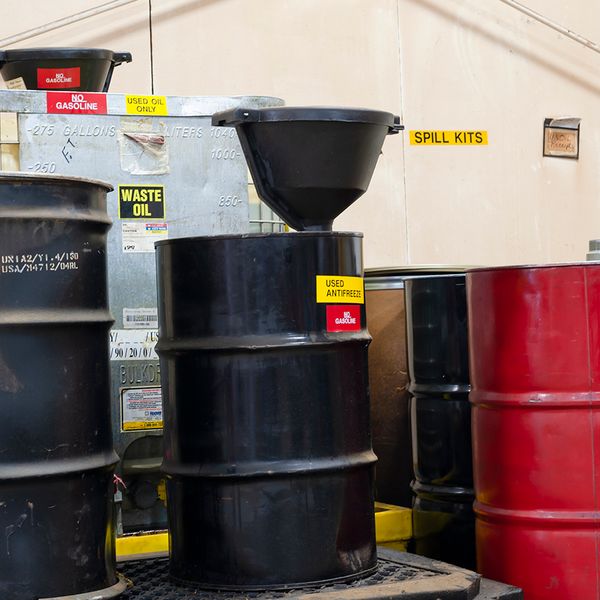How does preventing pollution benefit your company?
It is well known that preventing pollution protects the environment by conserving and protecting natural resources. It emphasizes preventing or minimizing pollution rather than controlling it once it is generated. On a broad scale, preventing pollution can strengthen economic growth through more efficient production in industry. But did you know preventing pollution can have direct benefits for your company?
Preventing pollution reduces the financial costs associated with waste management and cleanup. In simple terms, if the source is reduced then there is less waste to manage and fewer chances of harmful environmental spills or incidents. Source reduction involves the design, manufacture, purchase, or use of materials and products to reduce the amount and/or the toxicity of what is thrown away. If you are in the industrial sector this includes practices such as modifying the production process to produce less waste or implementing water and energy conservation practices. This leads to more efficient use of raw materials, staff resources, equipment, energy, and water.
There is also the reduction in the use of toxic materials to be considered. This practice not only reduces the potential impact on the environment. It also improves worker health and safety through improved air quality, decreased opportunities for incidents, and fewer personnel protective equipment requirements.
Another benefit to preventing pollution includes decreased regulatory requirements. This can eliminate the need for permits, hazardous waste manifests, monitoring, and reporting. All of these have direct cost benefits for a company regarding permit fees and employee hours associated with permit compliance.
Preventing pollution also improves community relations and company image. In today’s marketplace customers are increasingly more concerned about a company’s ethos and ethically and environmentally friendly sourced products. Preventing pollution will go a long way to increasing customer loyalty.
Pollution prevention approaches can be applied to all potential and actual pollution-generating activities, including those found in the energy, agriculture, federal, consumer, and industrial sectors. For example, in the energy sector, pollution prevention practices can reduce environmental damage from the extraction, processing, transport, and combustion of fuels through the use of environmentally benign fuel sources. While in the agricultural sector, this may include practices such as reducing the use of water and chemical inputs, or the utilization of less environmentally harmful pesticides.
Key to remember: There are significant opportunities for industry to reduce or prevent pollution at the source through cost-effective changes in production, operation, and raw materials used. Such changes offer the industry substantial savings in reduced raw material, pollution control, and liability costs as well as help protect the environment and reduce risks to worker health and safety.























































